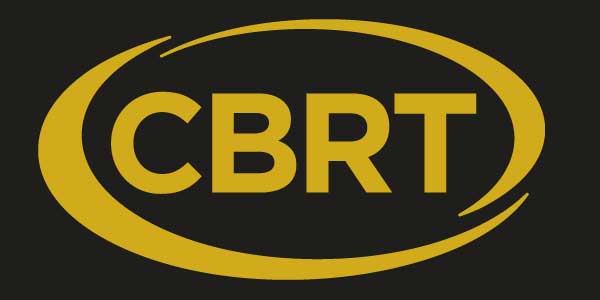Build Your People, Not Your Company
October 4, 2018
In the September Round Table meetings, we discussed the topic of “Build Your People, Not Your Company.”
Dick Shilts, Athletic Director (Retired) of Kalamazoo Valley Community College, will continue this theme at our upcoming Leadership Breakfast on October 19th. Click here to save your seat and hear Dick teach on the topic of “Building Relationships: Going Deeper.”
If you are unable to attend, subscribe to our YouTube channel here where you can review all past Leadership Event presentations. Be sure to turn on your notifications so that you are the first to know when Dick’s presentation is available.
Below are the notes from the September Round Table meetings.
Kalamazoo Round Table (Thursday)
Challenge:
- What does taking care of people look like?
- How do we train and educate leaders to do this?
- Good systems are useless if your people aren’t properly developed.
- Issue of time. Mentorship takes time.
- Some invest millions into equipment/machines, but what are they investing in their people?
- Example: professional sports teams invest millions into facilities/staff/equipment to keep their athletes performing at their best. Their athletes make them money in the same way that our employees make us money. We must invest in them.
Solution:
- People are messy. We must recognize and embrace this to help shape our approach.
- Be aware. Pay attention to your employees faces.
- Embrace the process.
- Invest in your employees passion.
- Focus on the why. We often say what benefits we offer without explaining why we offer them. Communicate that you care.
- Individualize benefits to employees. However, executives must extend trust to their middle managers and establish parameters for them to make decisions on their own so that they are not constantly coming to the CEO with individual requests.
- Leadership should include HR in their meetings so that they can understand the executives’ vision and implement it in the hiring/training/development process.
- Top level leaders must be on board.
- Issue of Execs vs. HR. Need someone who is business minded who also cares for people and is able to properly communicate to executives how their new policies/practices/systems will help with the bottom line.
- Managers are overworked. We need People Development teams to work closely with managers to help alleviate the burden.
- Administrative side of HR should be included in Finance. Separate HR into Finance and People Development.
Kalamazoo Round Table (Friday)
What does it mean to build your people?
- It is a long-term approach.
- Show sincere interest in them.
- Be present when speaking with someone.
- Show individualized edification. This will take extra effort to learn about each of your team members.
- The way you view your company starts with how you view your people.
- Company growth can throw off the dynamic.
How do you manage to keep focus of the company while focusing on your people?
- Keep the big picture in mind while dealing with the little picture.
- We all want the same thing: love, respect, value etc.
- What outcome do you want?
- Rules without relationship seem harsh.
- Have to deposit [in your people] before you can withdrawal.
How do we value our employees, stay present, and show that we care while getting work done? How do we communicate this to our team?
- View them as capable. They are more capable than they realize.
- Acknowledge what they are good at.
- People are filled with self-doubt and shame. Before asking them to take on a task, affirm their strength and show the reason you have assigned it to them.
- Culture has built the idea of superman/woman. We know that as the body of Christ, we need each other/others with varying strengths.
- We don’t have to be “the best,” we just have to be the best version of ourselves.
- Let people learn to solve their own problems, but we must be a good coach.
- Problem solving: Are you asking questions to help or are you making them dependent on you?
- Look for people who have strengths opposite yours.
How do we help and work with millennials?
- Be authentic.
- Create community environment.
- Allow them to fail and teach them how to learn from their failures.
- Learn who they are and discover their strengths.
- A one-man band is someone who people throw pennies at on the street, but people pay good money to hear a symphony. Remember to delegate, empower, show them trust, and even let them fail.
Join us next month as we discuss “Implementing & Maintaining A Healthy Work Environment.” RSVP to info@thebusinessrt.org.